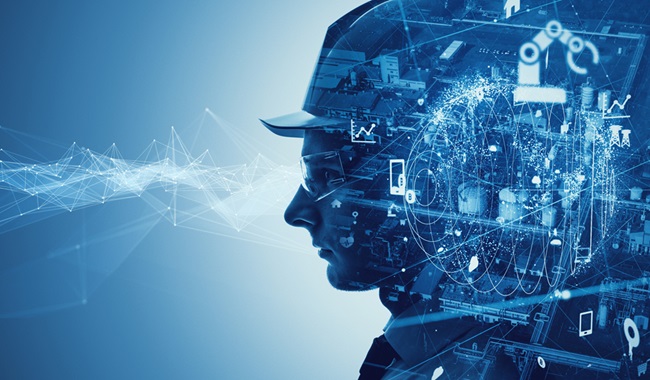Dec 29, 2025
Dec 29, 2025
Recently a lot of brouhaha is unfolding with the emergence of generative AI and LLM and tools like ChatGPT and similar products. Even stalwarts like Geoffrey Hinton have tried to foretell us of the downside of excessive advancements in the field. As an academician in a developing country, how would exposure to these new developments affect the learning in our students? I speak from my experiences of several years doing the rounds of engineering campuses and witnessing first-hand the teaching-learning at work.

On a positive note, I would say that such AI tools and its capabilities have brought libraries and expertly content at the finger tap of a student/learner. When we were engineering students, we had to visit libraries for content or carry very heavy engineering books from there to our homes, try to make sense of the jottings from the class lectures and the complicated Mathematics and notations contained in those books written by certain scholarly Professor of mostly an American University, both of which were stumbling blocks in comprehension for an undergraduate engineering student. Now a student can make any queries on his doubts, from the most basic to the complex one, and your AI tools and search engines will come up with a good answer mostly sans blemish. What better facility can a curious student envisage than such technology at their disposal which has reduced the effort of searching content thereby enabling learning of the same concepts in a lesser time?
Most of our engineering courses are high on theory and low on practical. Most students don't write original answers as part of their assignment and lab work. They are facsimile of their classmates or taken from the original document known as 'Mother' in some engineering institutions. I don't see the existing system deterioration as because largely plagiarism of one kind will replace plagiarism of a different kind.
Herein the traditional role of the faculty might be challenged. When premier International Universities are offering many a course gratis, and multinationals seeking only competencies sans degrees, the above average students in the future may not flock for the normal B. Tech. degree and the crest witnessed in recent times will go through a trough. Teachers will have to reinvent themselves and use innovative ways to impart and test the learning of students, adapt to industry requirements and lead in the emerging environment. That's a tall order.
The issues facing Indian students are greatly related to their absence of a spirit of inquiry and their basics coupled with adapting with the language in which the medium of instruction is to be delivered. There is hardly any significant probing questions asked by the students from the teachers. Often when I pose this fundamental question during their viva to a final year student of CSE/IT on the anvil of graduation, 'What is the difference between data and information?', or 'what is information technology?' almost cent percent of the students are unable to answer it correctly. This is like asking a graduating student of Sociology or Psychology as to what it stands for, and they are unable to explain the same. Yet the same students would at times write non-trivial codes in Java, Python or Prolog, or what have you, and do them with/without understanding.
The use of AI tools for academic paper writing would lead to greater dubious content but this has already been an existing challenge for long where unethical players abound. This is likely to be compounded.
Overall, I don't feel greatly alarmed that AI would spell the doom for education in India. On the other hand, it may help the students and the faculty in the teaching and learning process. All technologies have their pros and cons. There was massive opposition when computerization began around four decades or so back, but can you now imagine a world sans the net? On that note, I end this piece hoping for a betterment at the end of the day.
Image (c) istock.com
22-Aug-2024
More by : Subhajit Ghosh